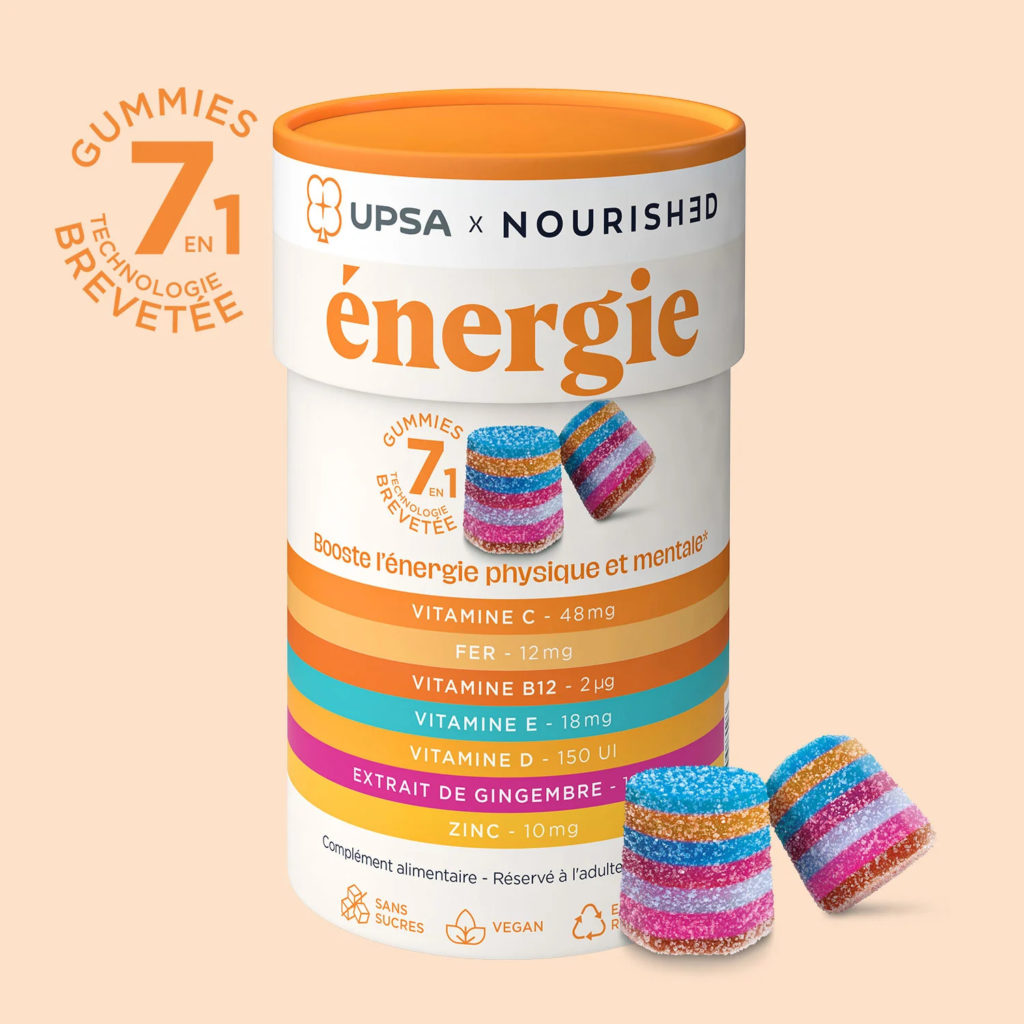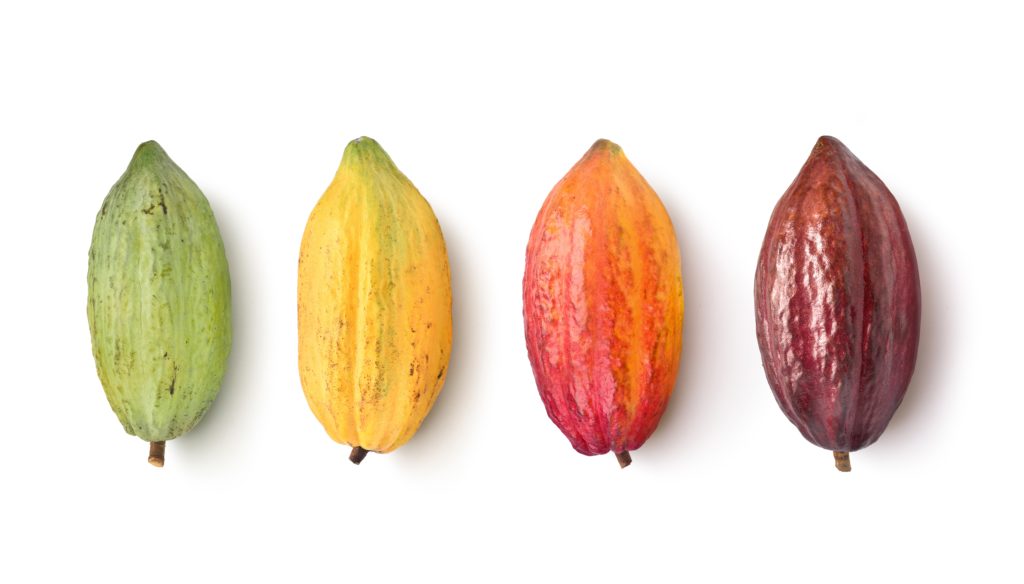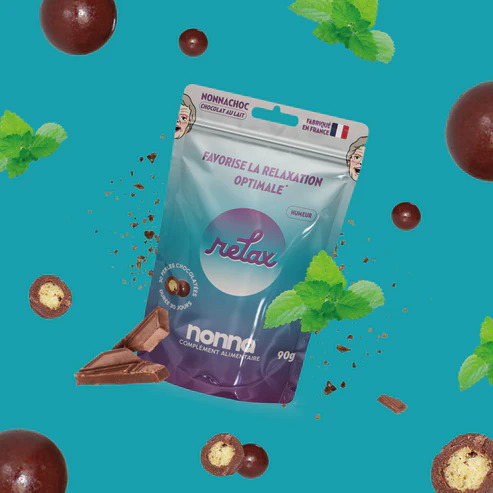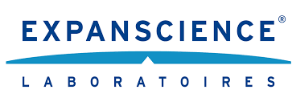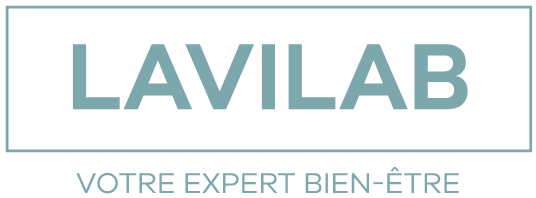Plant-based dietary supplements: How can a brand secure and enhance its offering?
With nearly half of dietary supplements containing plant-based ingredients, the French nutraceutical market is striving to meet consumers’ increasing demand for naturalness. However, this successful trend is accompanied by certain pitfalls: issues of adulterating plant material are indeed common in the dietary supplement sector, despite existing regulatory frameworks and controls.
Many brands therefore understand the interest and importance of differentiating themselves by capitalising on the effectiveness and safety of using such products. Some supply chain stakeholders are even spearheading a new activism movement: providing more guarantees and transparency to consumers with a logo on the finished products, endorsing their quality and safety.
Perception of dietary supplements: between enthusiasm and crisis of confidence
It is no longer to be demonstrated that the dietary supplement market has been booming for several decades – the latest figures still indicate an 8% growth on the French officinal network in 20231 – and is driving numerous innovations (let’s take the example of “sensory” galenics, to which we have dedicated a complete article here2). According to a study by Harris Interactive Toluna3, 59% of the French reported consuming dietary supplements between 2020 and 2022. Paradoxically, the overall perception of this product category remains mixed, particularly among non-consumers: “Unclear“, “misleading“, “useless“, and “dangerous” are words frequently used to describe the image that the French have of them4 expressing scepticism about the safety and the effectiveness of dietary supplements.
Enthusiasts of nutraceutical solutions lament a lack of proof of efficacy with their average satisfaction rating being 6.9/10. On the other hand, a lack of trust is frequently mentioned among non-consumers who feel the need for scientific and medical endorsement5.

Risks associated with the quality of plant ingredients
One may question people’s distrust. “Dietary supplements: how to decipher the real from the fake? – What are dietary supplements worth? – Are dietary supplements really effective? – Plant-based dietary supplements: health risks – Ineffective or even dangerous.“6
Dietary supplements are regularly scrutinised and criticised in the press, raising questions that are equally important as they concern their safety. For those products composed of plants, the central issue revolves around the “real” nature and quality of the plant-based ingredients used.
These can be subject to risks of adulteration, i.e., any practice aimed at deliberately altering, modifying, or contaminating plant-derived products in order to deceive consumers or gain an illegitimate economic advantage.
This alteration can take various forms, such as the addition of foreign substances, dilution, or substituting lower-quality ingredients.
Each of these biases results in an inevitable gap between what is claimed on the labelling of the finished product and its real composition, which can deceive a consumer who has little choice but to “believe what is written.”
Note that unintentional mix-ups or accidental contaminations can also compromise the quality of a plant material and its derived ingredients.
Adulteration or the art of substitution
For example, elderberries (Sambucus nigra) became particularly coveted for their immune properties during the COVID pandemic. The American Botanical Adulteration Prevention Program (BAPP) issued an alert in 2021 revealing that out of 694 samples of elderberry-based products analysed, 119 (17.1%) were adulterated7. The falsification of these preparations frequently involved the addition of undeclared extracts of black rice (Oryza sativa), considerably cheaper than authentic elderberry extracts, as well as substitutions involving other plant extracts rich in anthocyanins and blue or purple food colourings…
From peanut husks masquerading as grape seeds to Japanese pagoda trees pretending to be Ginkgo biloba, all tricks are good to deceive phytochemical analysis devices – which are often not discriminating enough – and make substantial savings by opting for cheaper substitute plants. This results in a degradation of the effectiveness and safety of the concerned finished products.
Dilute to better dominate
In France, the DGCCRF conducted a surveillance survey in 2017 on plant-based dietary supplements available on the French market8. Monitoring focused on the composition and levels of active ingredients in the analysed products. The results revealed a non-compliance rate of 17%, mainly due to discrepancies between the quantities indicated on the labelling and the measured levels.
Perhaps the most frequent but also the most insidious falsification is that the claimed plant is indeed present in the finished product but in quantities too low to expect to achieve the effectiveness promised by the brand and expected by the consumer. According to BotaniCERT, a plant analysis laboratory and plant expert, 47% of plant-based ingredients analysed between 2020 and 2021 were “diluted or highly diluted.” 9
Transparency, effectiveness, and safety: a triple challenge for plant-based product brands
Consumer demand for transparency is increasingly leading brands to have their products tested or certified by third parties, accredited independent laboratories. For marketers, the challenge is significant: to persuade consumers to choose “value” over price and find a reliable way to guarantee them effectiveness and safety. In 2022, Lisa Thomas, then Marketing and Innovation Director at Herbalife Nutrition, stated: “Third-party certification is an additional level of security offered to consumers. Although our company conducts rigorous audits of our facilities and product testing, there are certain areas where consumers want additional guarantees.”10
The approach, already widespread in the United States, is increasingly being adopted in Europe and notably in France with the recent launch of the first European quality brand for plant-based products.

The Botani+ quality brand just recently launched, already adopted
Created in 2023 by BotaniCERT, a French laboratory expert in the monitoring of plant raw materials, the Botani+ brand aims to guarantee consumers safe and effective products.11
Concretely speaking, obtaining the Botani+ brand results in putting a logo on the award-winning finished products.
This easily identifiable logo allows consumers to navigate through a wide and sometimes difficult-to-decipher range of offerings. It is proof that the product in question has successfully passed a series of chromatographic analyses, advanced techniques that allow the separation, identification, and quantification of the chemical components present in plant extracts.
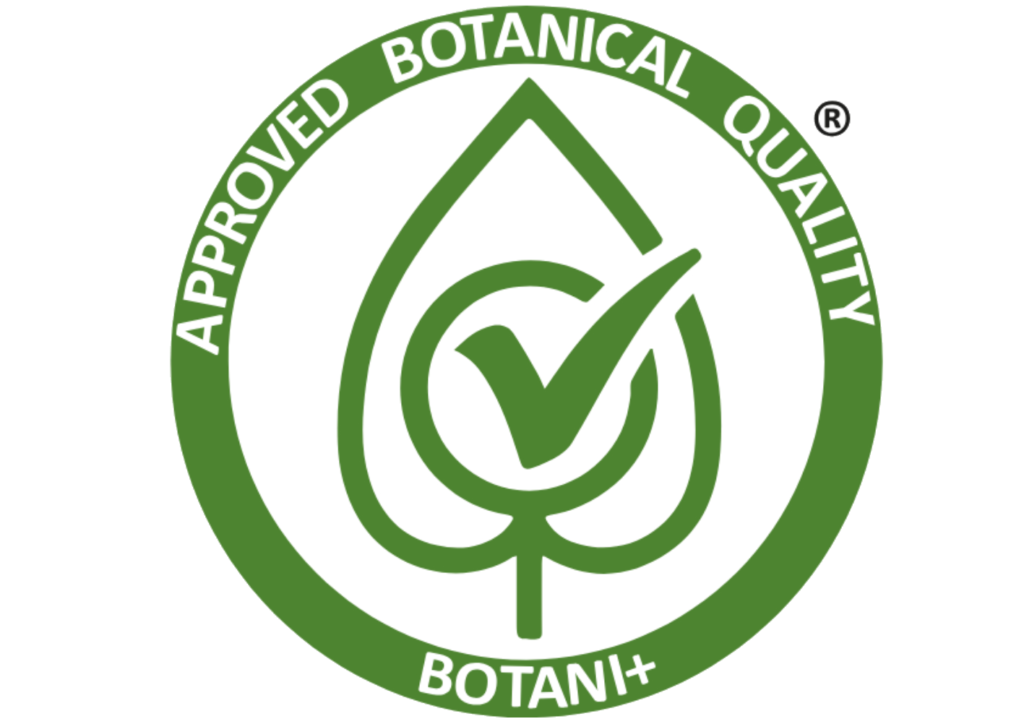
Phytochemical identification notably ensures that:
- The plant is indeed the one claimed on the product labelling as well as the part used (leaf, root, etc.)
- The plant is not mixed with other species
- The material is not enriched with synthetic or natural molecules
- Plant actives are present in sufficient quantities to unequivocally authenticate the species present
Dosing the actives ensures that the plant is not excessively diluted and that its concentration is sufficient to ensure the presence of physiological effects in the finished product.
Reassuring for consumers, the Botani+ logo is also a choice indicator for brands wishing to communicate on the rigor and seriousness of their quality approach. VIT’ALL+ and Nonna Lab12,13 were the first ambassadors of this new movement, providing even more transparency and quality in the plant-based dietary supplement market.
As a brand, sparking an initial purchase is one thing, ensuring it is purchased again is another issue. This depends on the satisfaction initially felt by the consumer, which will encourage them to come back to the same product. Effectiveness is essential because it guarantees the market longevity of the product. This is based on the choice of the formula and at least as much on the selection of ingredients.
Do you want to stand out among your consumers and highlight the quality of your range of plant-based products? BOTANI BRANDS is your trusted partner to assist you in launching Botani+ validated products, synonymous with quality, safety, and effectiveness. By combining the skills of our various experts, we are ready to efficiently and effectively orchestrate the development of your plant-based health product. Whether your brief is finalised or still in the consolidation phase, we are here to build on your project and deliver a turnkey solution.
Contact us to discuss your project
Sources:
- GERS data 2023
- Galenic innovation: the importance of combining effectiveness and pleasure in food supplements – BOTANI BRANDS Article (https://www.botanibrands.com/le-blog/)
- 2022 Barometer of Dietary Supplement Consumption in France (https://www.synadiet.org/app/uploads/2022/04/202111060_harris_interactive_rapport_barometre_conso_cpal_2022_v2.pdf)
- Challenges and Opportunities of Dietary Supplements by Harris Interactive Toluna for NFBD 2019 (https://harris-interactive.fr/catalogue/pages/complements_alimentaires.html)
- Statistics corresponding to the question: “On a scale of 1 to 10, are you satisfied with having taken/taking food supplements?”
- Headlines about Dietary Supplements
- BAPP – Botanical Adulterants Prevention Program – Case of Elderberry Adulteration (https://www.herbalgram.org/resources/botanical-adulterants-prevention-program/adulterants-bulletins/european-elder-berry-and-berry-extracts-bulletin-june-2023/)
- Report of the National Academy of Pharmacy “Dietary Supplements Containing Plants” (https://www.theragora.fr/revues/ANP-rapport-compl%C3%A9ment-alimentaire-0219.pdf)
- Botanicert – Case of Plant-based Ingredient Falsification – Internal Statistics 2020-2021 (https://www.botanicert.com/actualites/)
- Herbalife – Certification by Independent Laboratory (https://www.nutraceuticalsworld.com/contents/view_online-exclusives/2022-05-10/third-party-certifications-support-consumer-demand-for-quality-and-transparency/)
- Botani+ First Quality Brand for Plant-based Products (https://www.botaniplus.com/)
- VIT’ALL+ validated by Botani+ (https://www.vitalplus.com/)
- Nonna Lab validated by Botani+ (https://nonnalab.com/collections/nonna-choc)


